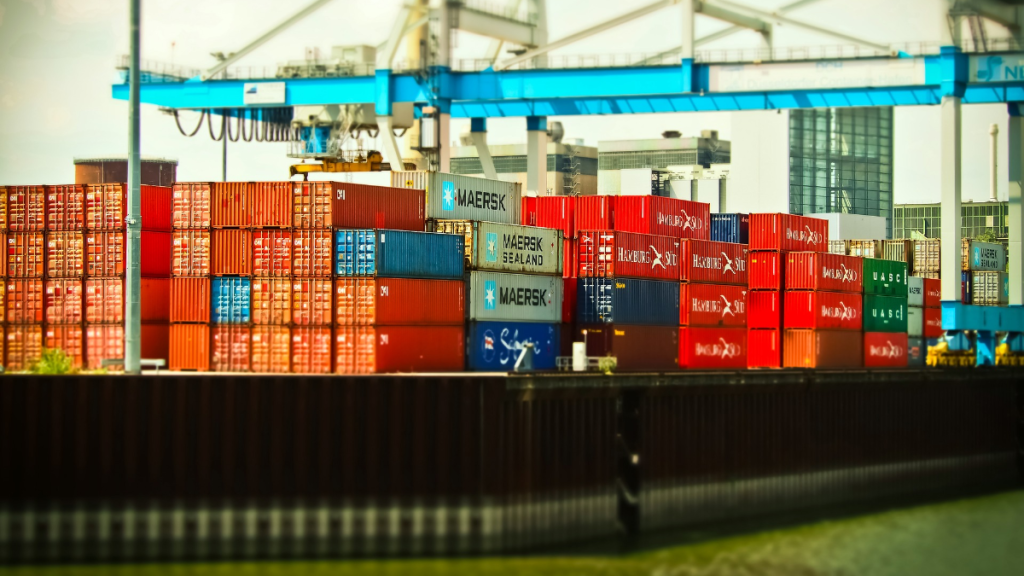The debate over the effects of free trade in general and NAFTA in particular on the American economy are again central to American politics.
Nothing new there.
However, both the Republican and Democrat presidential candidates criticizing free trade? That is something worth talking about! Indeed, both former presidential contender Bernie Sanders (and lately, in some respect Hillary Clinton) and Donald Trump have opposed free trade agreements. And not because they don’t understand economics or because they don’t have economic advisors.
They do it because so many Americans feel that NAFTA and other trade agreements made their lives worse.
And these Americans might vote.
I would like to add to the discussion started in this blog post by offering a middle-ground perspective on this topic, a perspective similar to the one I presented when writing the book review for Offshoring of American Jobs: What Response From U.S. Economic Policy? by Jagdish Bhagwati and Alan S. Blinder, edited by Benjamin M. Friedman.
Free Trade (Think NAFTA) Has a Positive Impact on the World
When discussing free trade, very few economists would disagree that its overall impact, especially in the long run, is significantly positive. We can easily show this graphically, mathematically, or simply intuitively.
We know, without being economists, that specialization makes people more productive. If Mexico specializes in manufacturing refrigerators, it can build more refrigerators than the US. And if the US specializes in manufacturing the machinery the factories in Mexico need to produce refrigerators, then the US can produce more machinery than before. (Actually, this is not far from truth. In 2015, we imported from Mexico goods valued at $295 billion while exporting to Mexico goods valued at $236 billion. The trade deficit with Mexico is valued at $58 billion, or about 0.34 percent of our GDP).
I do not want to list all the benefits that NAFTA brought to the US; there are many others who have done that elsewhere. I can just say that, for example, for every well-paying job that NAFTA created in Mexico, a family who potentially considered crossing illegally to the US renounced their plan. Yes, that’s almost nothing, some will say. But this is just a piece of the puzzle.
Doesn’t NAFTA Destroy American Jobs?
I do not want to list the problems linked to NAFTA either, but I do want to point to the main issue: job creation vs. job destruction. People associate free trade and NAFTA with the loss of good paying manufacturing jobs.
We can tell Americans that the goods we import from Mexico and China are much cheaper thanks to NAFTA, and therefore everybody benefits. It’s just a reality.
But many have a father, mother, uncle or aunt, grandfather or grandmother, son or daughter that lost their $20-50 per-hour job. And that impacted them more than the 10 to 40 percent they save each time they buy something made in Mexico or China.
The catch is that the disappearance of manufacturing jobs in the US (a loss of about eight million jobs between 1990 and 2010) is not just due to free trade. Many policymakers also “blame” technology for it. And indeed, they are right. But we all know that correlations are tricky, and NAFTA was implemented exactly during the time technological changes also led to structural changes in the workforce. Then came China and the Great Recession.
Bad luck for free trade.
Related Video: Make Progress, Not Work
Until Americans perceive that benefits arising from free trade exceed the costs (despite the short-term growing pains), they will continue to oppose it. Sacrificing a few million for the good of the majority looks good mathematically, but not politically and maybe not even morally. And there are other problems associated with free trade besides lost jobs that need to be addressed.
It is the job of the believers in free trade to find a solution to all this disarray—to reconcile the benefits with the very real human costs.
It’s admittedly a difficult task. But if we don’t try, the US economy will slow down and all the gains from free trade the world accumulated all these years will be lost.



